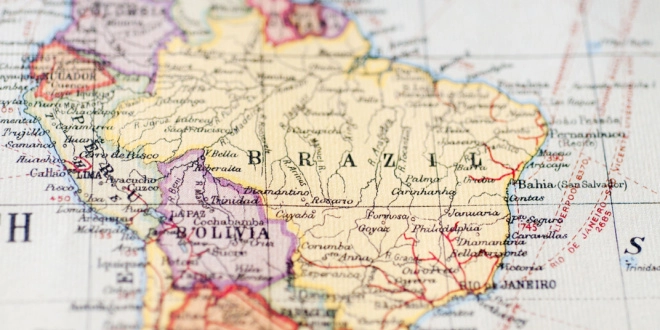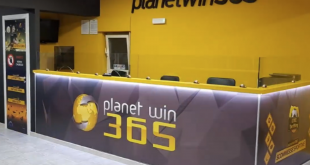The existing and emerging markets of North and South America, with sports-following populations in rapidly growing economies, are gaining a lot of interest both domestically and globally.
Opportunities and challenges in these countries were the major talking points at SIGMA earlier this month, as a panel of Latin America specialists discussed market conditions and how they can be met.
As with all regions, M&A activity is at a high in the markets of South America as firms look for an inroad to burgeoning local scenes. In the viewpoint of Thomas Carvalhaes (Managing Director, Vai de Bob) and Alessandro Valente. (Co-Founder Super Afiliados), this can only be positive.
Agreeing with Valente’s assertion that overseas investment is a positive in developing betting and gaming markets, Carvalhaes described M&A as a ‘win-win solution’ for both the market and operators.
“It raises the bar. There have been many solutions in Brazil from start-ups, developers, programmers, and now they are having to step up and use better solutions or be acquired,” he explained.
However, for any firm interested in Latin American opportunity, as with any market there are local factors to consider, he observed, highlighting the importance of localising offerings.
“There’s no such thing as the LatAm market, the same way you can’t say there is a European market,” he continued. “Latin America is a huge, massive continent.
“There are more than 210 million people in Brazil, it is a country of continental proportions, and so you cannot approach Latin America as one single market.
“It is extremely important to consider localisation and topicalization, and not everybody sees that – I see some strategists going against this. However, Latin Americans are very relational people, there has to be local intel and knowledge on your CRM structure, marketing approach and strategy.”
Joining the discussion with the viewpoint of a European igaming leader, Peter Murray observed that big brands have come and gone in many corners of the world, but have routinely demonstrated that a ‘one-size-fits-all’ approach ‘simply doesn’t work’.
On Latin America, Veriff’s Head of Gaming said: “People like different games and have different mindsets. When you fail to take a local approach you will fail.
“The generation that is going to sustain our industry and make it grow is young. They want speed and easy access, they want their data to be safe and secure but fast. They want their games a certain way.”
Finding common ground, Altenar Sales Manager Diego Salas focused on the need for operators to understand banking differences from country to country, and strengthen their omnichannel offering.
Commenting on both M&A and local partnerships, he said: “We are now seeing more and more operators coming into South America who understand what they need to do, are getting into partnerships with local players and local technologies, who are going to provide expertise from local operators.”
However, Salas had more reservations than some of his fellow panellists on the topic of his home nation, Colombia, where a new government under the leadership of left-leaning Gustavo Francisco Petro Urrego could present challenges for betting and gaming.
“We are getting into trouble, as he is proposing a 30% tax which is going to push players towards the black market,” he explained.
This could threaten the regulatory clarity and stability of a legislative framework praised by Carvalhaes as a ‘fantastic example’ among South America’s nations, although he too noted that the change in administration could in turn lead to change in gambling regulation.
He said: “If you look at Latin American markets, it is the best example for clarity – operators know what they are going to be taxed on. On a marketing scenario, it is a clear playing field.”
Ultimately, as moderator Roberto Regianni, CEO of FBMDS, noted, the key to Latin America lies in understanding local market conditions and in some cases finding an established partner.
He observed that from a sportsbook perspective, consumer preferences often change from country to country – Colombia has a strong football following, but further north in Mexico, bettors follow US sports like the NBA and MLB with a passion.
“It is important to have a local partner but also to have the knowledge of the player for customer support and to customise your offer,” the moderator concluded.









